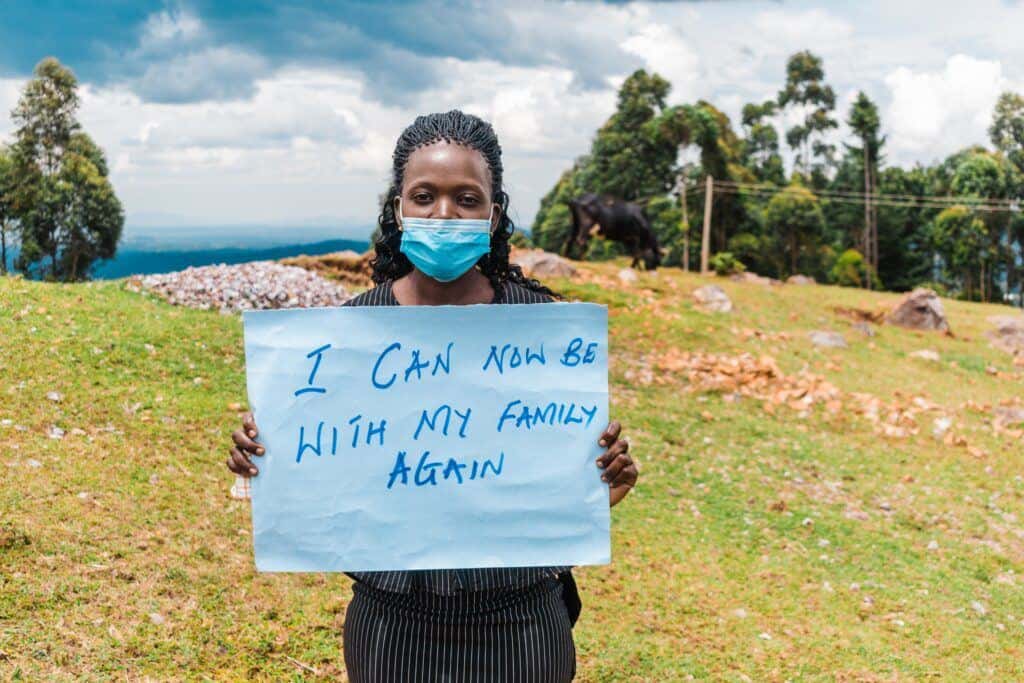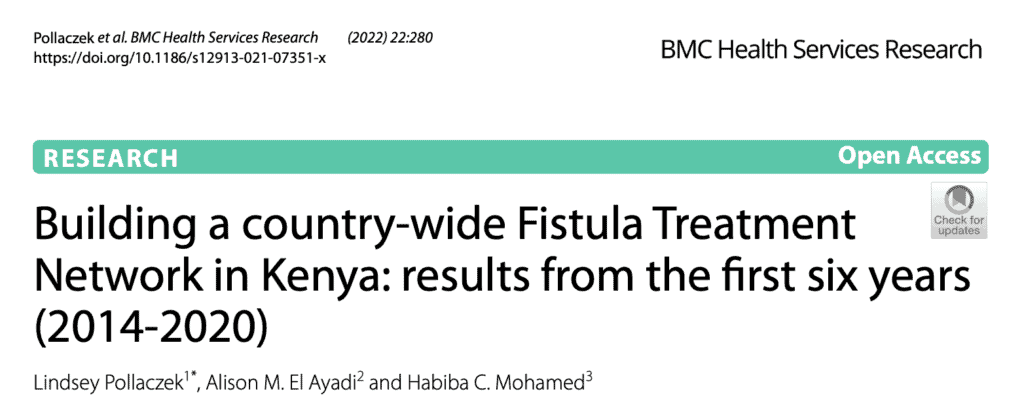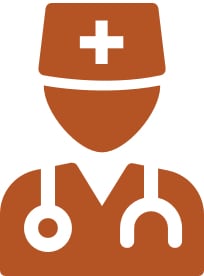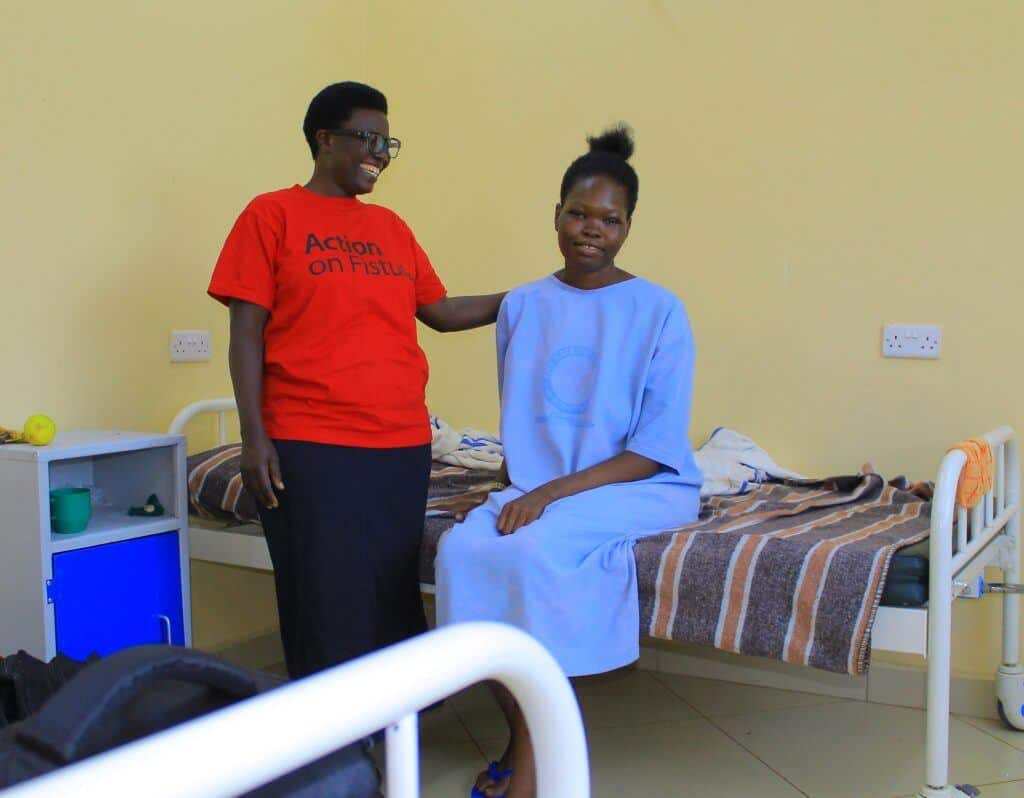
Fistula Foundation Study Published in Peer-Reviewed Journal
We surpassed a major milestone in 2021: Since 2009, we’ve provided more than 60,000 surgeries to women in need of care.
This month, we finished tallying the number of surgeries performed last year by our network of partners. The final count was record-breaking: In 2021, Fistula Foundation supported 9,477 surgeries in partnership with 65 organizations in 24 countries.
“What’s even better than the impressive number of surgeries that our partners have conducted through the support of our donors is the fact that each of those surgeries represents a woman who has gotten her life back,” said CEO Kate Grant. “There is no better measure of success than a smiling woman who is finally dry after years of suffering!”
Of the more than 9,000 surgeries performed last year, 1,650 (more than 17%) were provided in Kenya alone. The impressive scale of care in Kenya can undoubtedly be attributed to the holistic, first-of-its-kind treatment network that we launched there in 2014.

Results from the First Six Years
A newly published study in BMC Medical Research, a peer-reviewed medical journal, outlines results from the first six years (May 2014–April 2020) of the Fistula Foundation Treatment Network (FFTN) in Kenya.
Fistula Foundation developed and implemented a countrywide integrated framework to support routine treatment and reintegration services for women with obstetric fistula. Modeled on a “network of care” framework, Fistula Foundation facilitated collaboration between public and private hospitals and community partners to find and refer women to treatment, provide patients with high-quality fistula care, train and mentor dedicated surgeons, and rehabilitate women into their communities post-repair.
Within the first six years:





“I am inspired by the team in Kenya, and our partners in the field, for the dedication they’ve poured into this program over the last eight years,” said Lindsey Pollaczek, vice president of programs at Fistula Foundation and co-author of the study. “This paper is a milestone and a map for understanding what works in fistula care. We hope it encourages the use of effective, evidence-based frameworks that accelerate our collective efforts to reach all women with fistula.”
Critical Lessons for the Future
The results outlined in the study illustrate how FFTN in Kenya has become a “holistic support system” for women with fistula.
“In the first six years of program implementation (2014-2020), [FFTN] improved awareness of fistula and reduced stigma, increased access to fistula care services, strengthened the fistula care workforce, and enhanced post-operative follow-up and reintegration support,” Pollaczek and her co-authors write.

We’ve learned many critical lessons, including the importance of developing strong identification and referral methods, as well as prioritizing ongoing training and mentorship for fistula surgeons. We know that “quality over quantity” in surgeon training rings true, as this approach “optimizes the likelihood of successful surgical outcomes.”

“We have always been ‘in it to end it,’” said Grant. “This model of expansion is a down payment on a future free from fistula.”
Published on March 17, 2022